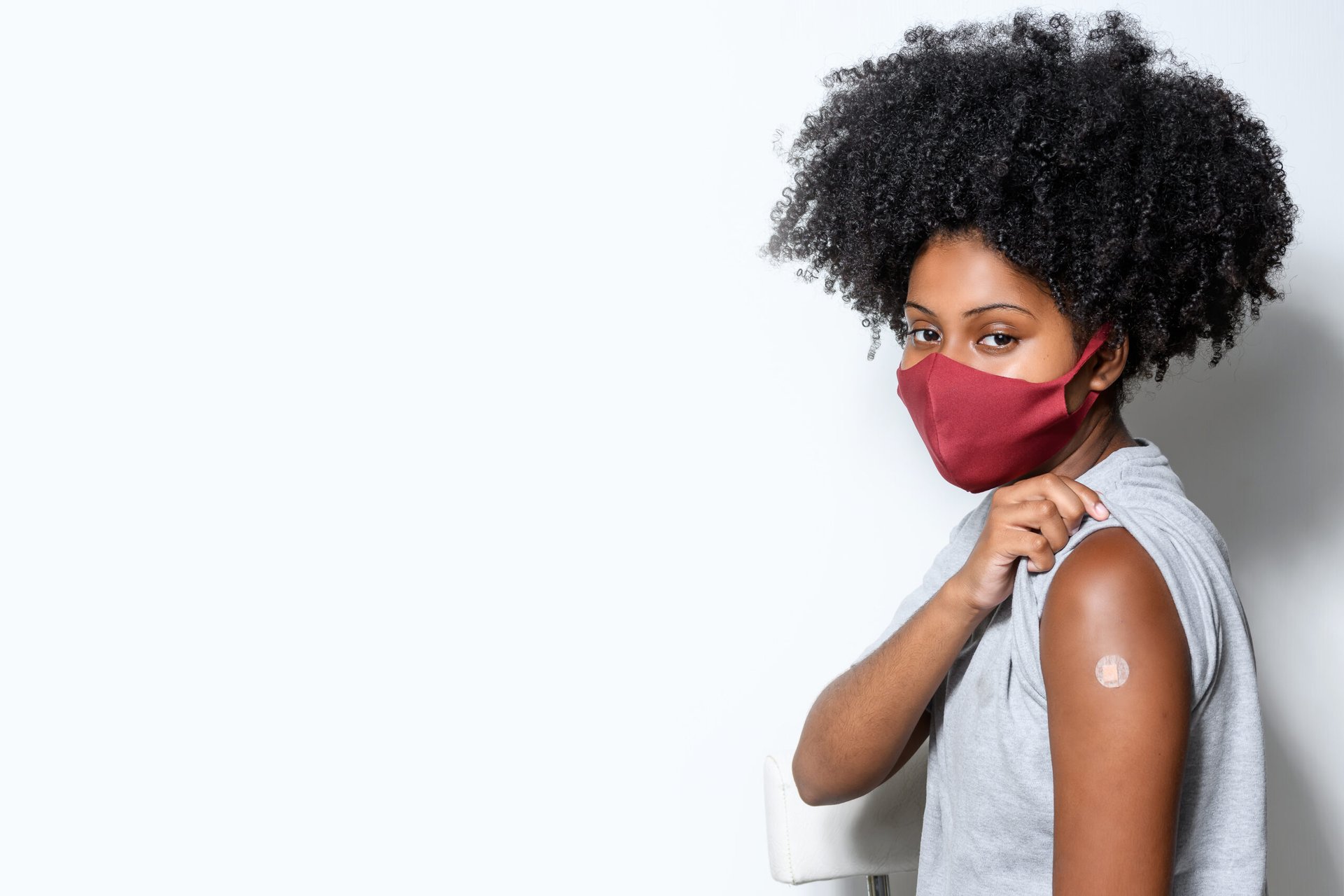
Millions of Americans have been fully vaccinated against COVID-19, but the majority of the population still has yet to receive the vaccine.
If you are among them, know that there are some behaviors you should avoid after you get the shot. They include the following.
1. Don’t leave the vaccination site immediately
The Centers for Disease Control and Prevention says you should wait at least 15 minutes before leaving the vaccination site.
In rare cases, people can have a severe allergic reaction to the vaccine. For that reason, it is important to stay close to medical workers for a brief period after getting the vaccine.
2. Don’t take OTC medicine without talking to a doctor
Taking certain over-the-counter medications before vaccination can weaken the medication’s protective effects, as we detail in “This Simple Mistake Might Weaken Your COVID-19 Vaccination.”
The CDC also urges you to talk to your doctor before taking certain over-the-counter medicines following vaccination if you have a medical condition. These drugs include:
- Acetaminophen
- Antihistamines
- Aspirin
- Ibuprofen
Those without medical conditions can take these medications to reduce post-vaccination side effects, such as soreness in the arm.
3. Don’t lose your vaccination card
Your vaccination card is the quickest way to prove you have received the vaccine. So, you want to keep it safe.
The CDC recommends that you take a photo of the card in case you lose it. Just don’t post that photo online, as your vaccination card contains personal information that identity thieves could use.
4. Don’t worry about mild side effects
If you have received common vaccinations — such as the flu shot or shingles shot — you know that side effects are often the price you pay for being protected from viruses. These side effects typically are mild, such as a sore arm or a low-grade fever.
The COVID-19 vaccine is no different, and you might feel a bit under the weather after getting your shot.
But this is actually a good thing, because it indicates your immune system is responding to the vaccination, as we report in “5 Common Side Effects of the COVID-19 Vaccine.”
5. Don’t abandon precautions
We get it: Everybody wants to get back to normal life as soon as possible.
But remember that getting your first dose of the vaccine does not mean you are instantly protected.
It takes up to two weeks after vaccination before you are fully protected. And for the two-dose vaccines, that means two weeks after the second dose.
So, in the meantime, continue to exercise caution. Wear your mask, practice social distancing and do not take any unnecessary risks.
6. Don’t cancel your second dose
Two of the COVID-19 vaccines — those by Pfizer-BioNTech and Moderna — require a pair of shots before you are fully protected.
Lately, there has been some speculation that these shots may be very effective with even a single dose. However, the CDC is clear:
“You should get your second shot even if you have side effects after the first shot, unless a vaccination provider or your doctor tells you not to get it.”
7. Don’t get other vaccines
Do not get other vaccines — including the flu or shingles vaccines — within at least 14 days of getting the COVID-19 vaccine.
However, if you accidentally violate this guidance, the CDC says you should proceed with both vaccination series on schedule.






Add a Comment
Our Policy: We welcome relevant and respectful comments in order to foster healthy and informative discussions. All other comments may be removed. Comments with links are automatically held for moderation.